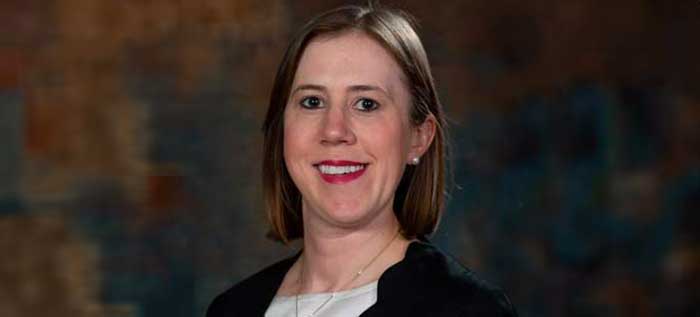The Executive MBA program is organized to allow working managers the opportunity to continue their professional commitments and maintain a work-life balance while simultaneously participating fully in a lockstep, MBA program that is 11 months in length. The program is designed to be delivered in a hybrid format with online courses and five on-site classes on Saturdays, either on-campus or in New York City.
The program is divided into five integrated themes culminating in the mandatory global capstone. At the end of each learning module, students will apply their knowledge of each theme through one-day, in-person residencies. These consist of consulting projects on campus, in conjunction with the Center for Entrepreneurship, and executive directed discussions on current global business topics in New York City.
Experiential learning forms a key component in the in-person sessions where students work on business cases and company sponsored projects to apply the concepts to practice. The program and courses are structured as follows:
Theme 1: Leadership - How does effective leadership drive organization success?
Incorporating the Executive Coaching component, included in the EMBA program, students will study leadership while learning about their own leadership style. Topics include leadership strategies and theories; ethics and legal issues; negotiation and conflict resolution strategies in a global setting; and the importance of self-awareness in developing one’s leadership skills.
Theme 2: Analytics - How do you incorporate analytical tools and accounting/financial reporting information in your business decisions?
Students will learn how to apply cutting edge models to make data-driven decisions from a managerial perspective. Topics include financial reporting, accounting basics, analytical models, predictive techniques, and spreadsheet-based modeling tools.
The program begins with an on-campus two-day initial residency and culminates with an international experience through the one-week Global Capstone.
Theme 3: Resource Management – How do you evaluate and manage an organization’s resources in terms of its financial, marketing, and operations resources?
Students will discover how to efficiently utilize resources to make strategic marketing and operational decisions while managing market constraints. Topics include concepts in finance and economics; marketing and advertising; operations; and the supply chain.
Theme 4: Innovation and Investment - How do you evaluate an organization’s strategies for innovation?
Students will learn how to evaluate strategic alternatives incorporating aspects related to innovation, sustainability, and financial investment. Topics include sources of innovation; strategies for exploiting innovations; the business environment facing innovation, including competition and the rate of technological change; sustainable strategies; and socially conscious strategies.
Theme 5: Strategy - How do you develop an overall business strategy from a multifunctional perspective?
Students will learn how to develop a business strategy by examining critical issues that managers face across the globe. Topics include information technology, domestic and international conflict management, negotiation, and ethical and legal considerations.
Visit the program page to learn more.

